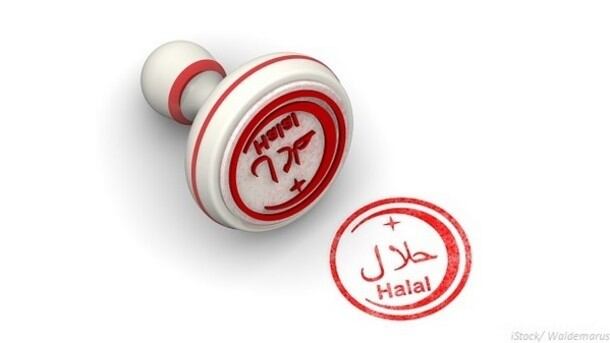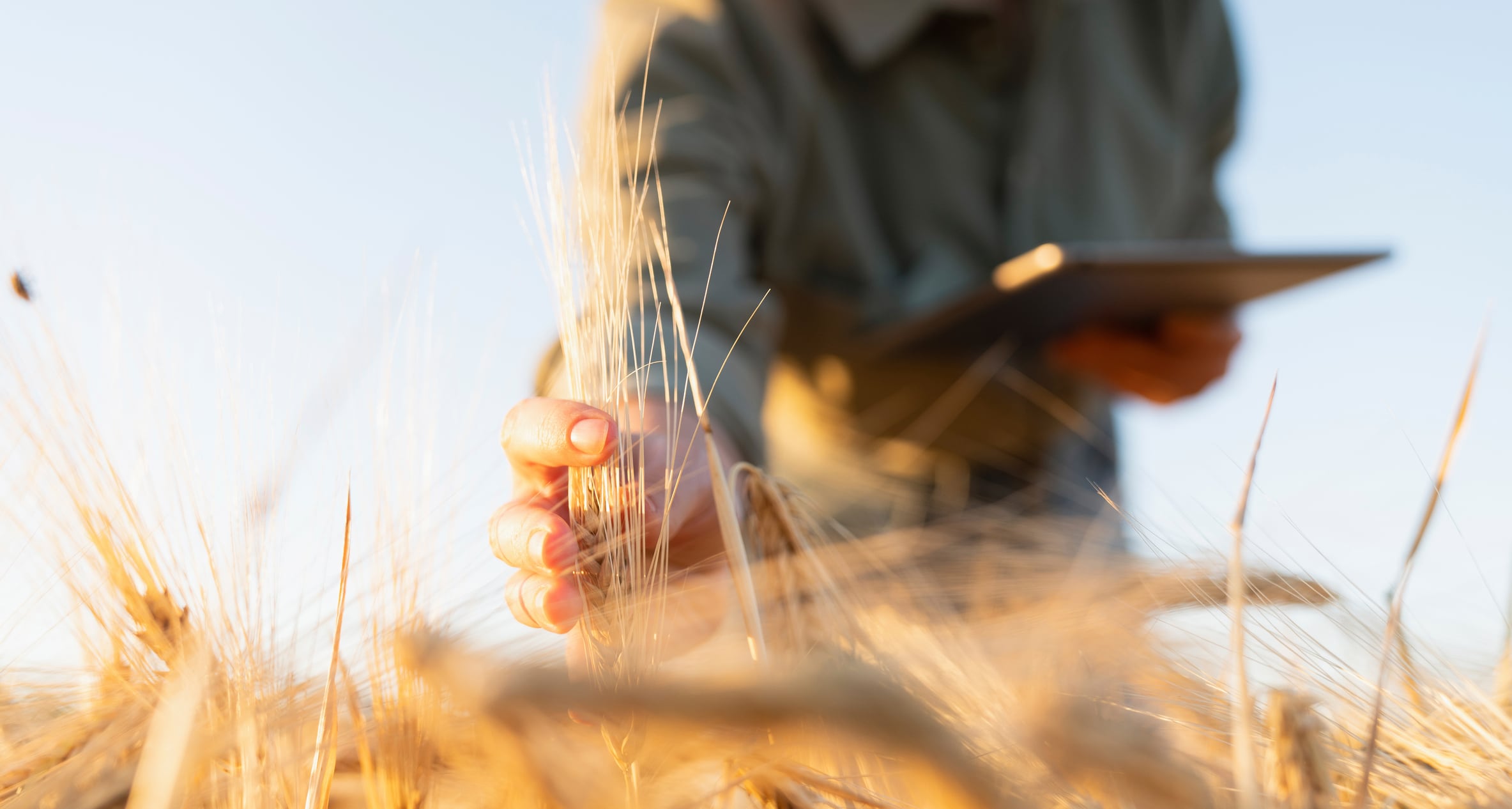Since October 2024, Indonesia has enforced regulations mandating that all local and imported products being traded in the country which are not on a pre-approved Positive List must be halal-certified, including foods and beverages.
However, this has not yet been implemented for micro, small and medium enterprises (MSMEs) due to various complications. The anticipated date of enforcement will be in October 2026.
“MSMEs are very much the backbone of Indonesia’s economy as most businesses fall under this category, but their transition to complete halal certification has been a significant challenge,” Indonesia’s national Halal Products Assurance Agency (BPJPH) Department for Halal Registration and Certifications Head Dr Mamat Salamet Burnanudin told the floor at the recent Fi Asia 2025 show in Bangkok, Thailand.
“For many of them, the process undertaken by larger companies is too complicated and the costs are too high, but because Indonesia is home to the largest Muslim population in the world, this is a necessary transition.”
BPJPH is the central and sole authority in Indonesia responsible for halal product assurance, formed under the Ministry of Religious Affairs.
“BPJPH is committed to ensuring that all MSMEs have access to the system nonetheless, and so we have developed a specific process for these companies, dubbed SIHALAL or the Halal Self-Declaration Programme,” he said.
“This system is meant for MSMEs that deal in simple products which undergo simple processes, and reduces the costs associated with certifications yet still helps the firms improve their chances at competing globally due to being halal certified.”
Dr Mamat stated that this simplified system has already brought hundreds of MSMEs into the halal certification ecosystem, and is expected to bring in many more given there are millions of such firms in Indonesia.
“SIHALAL is an end-to-end online certification platform so submissions and tracking can be done online, digital certificates and verification can be conducted, and successful applicants will be directly integrated with a national system,” he said.
“Moving forward, we intend to utilise AI to integrate a risk-based certification system into SIHALAL as well.”
Halal mandate
Given the immense value of the global halal market, currently standing at over US$3tn, Indonesia is firm in its stance that harmonising the local halal system and mandating certification for local products will enable to reap many rewards to come.
“The value of the halal market is there for all to see, but to access this requires meeting both consumer demands and industry needs, which in turn requires a properly-managed system,” he said.
“Consumers want transparency, integrity and speed when it comes to FMCG products like food, whereas industry players need to have a system to adhere to that is low in complexity, low cost for them and can ensure them faster market access.”
The government’s plan to mandate halal certification and shift towards a mandatory halal regulatory system marks one of the largest shifts for the country’s food and beverage industry in recent years.





